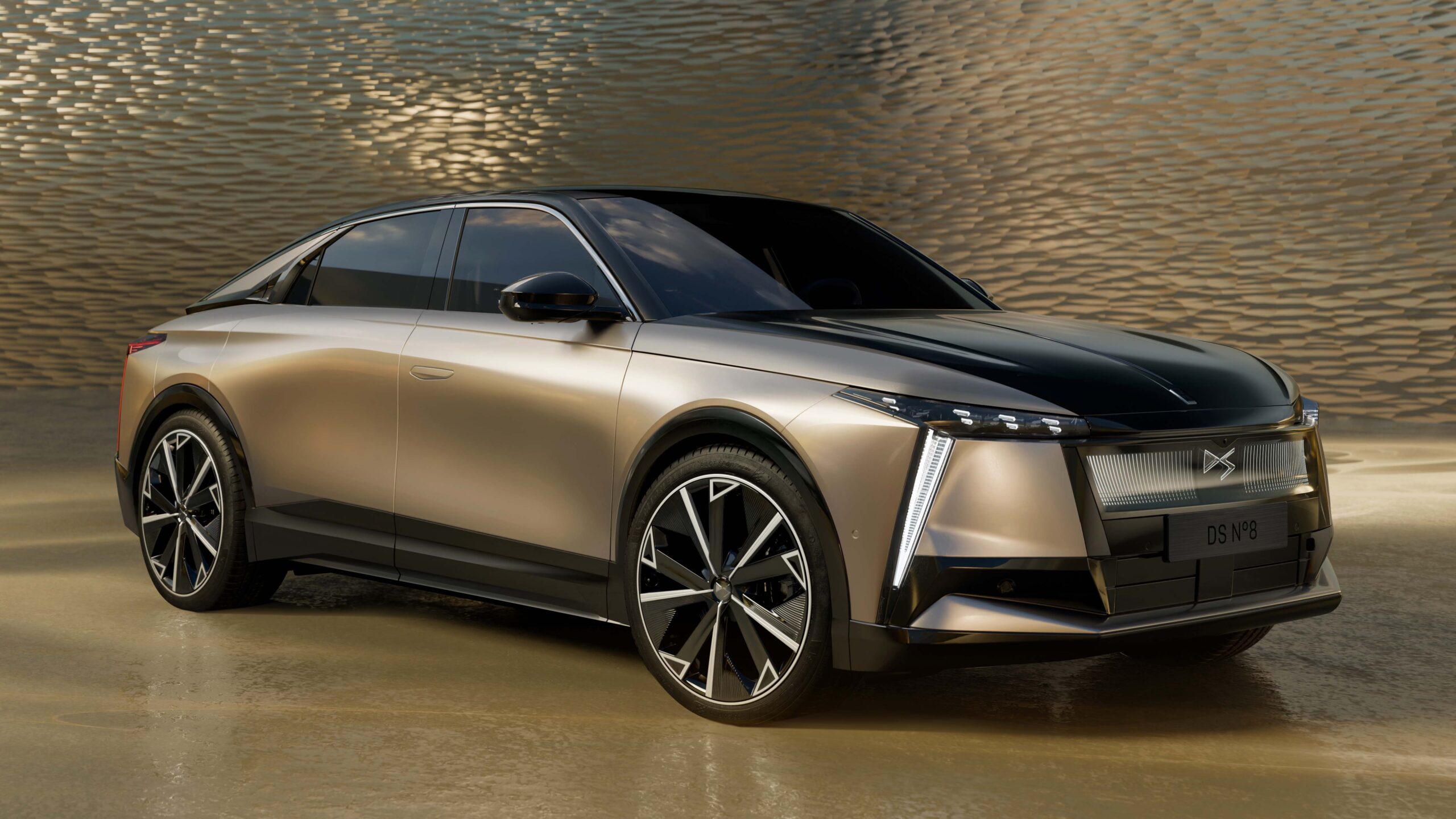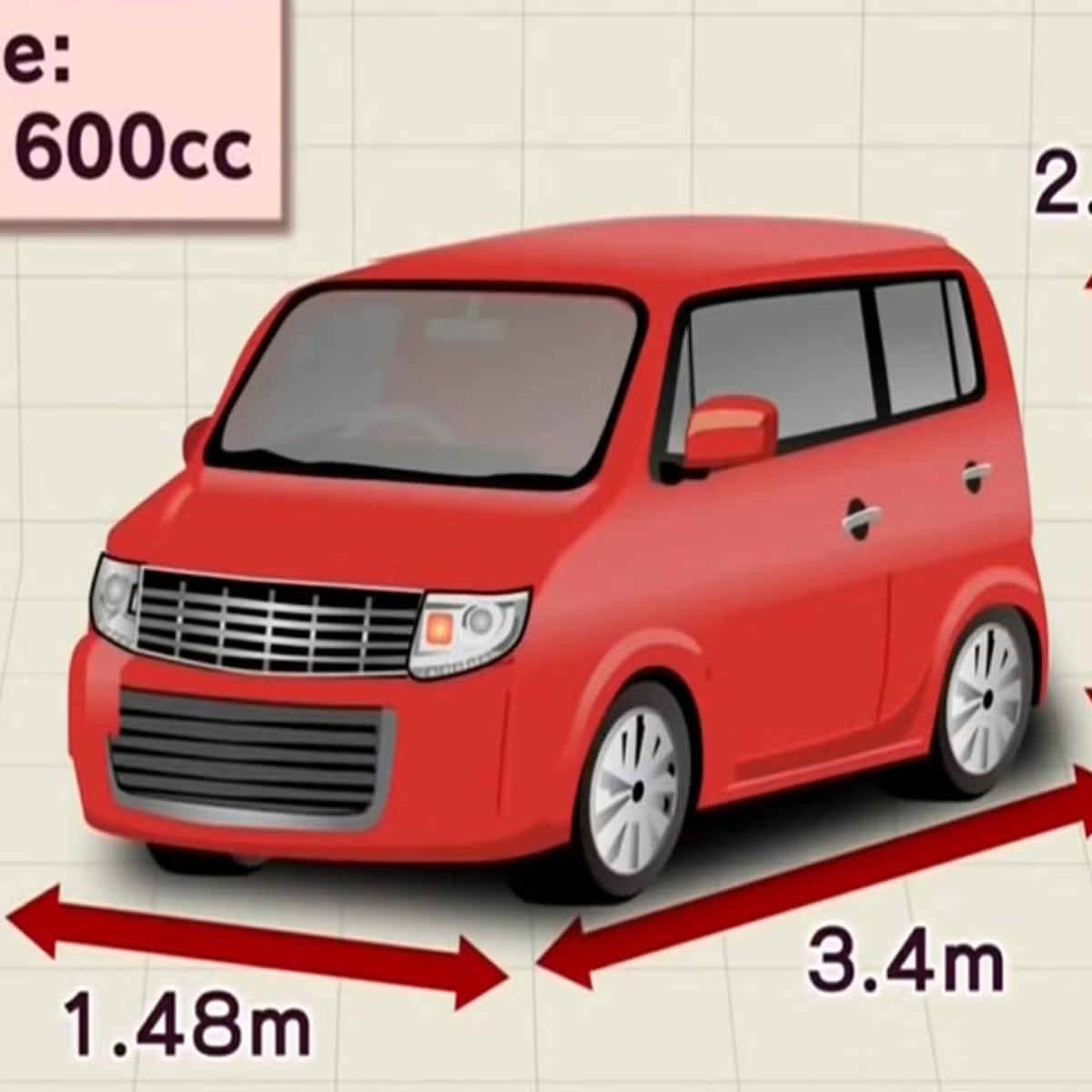
Introduction
The transition to electric cars is one of the most significant shifts in the automotive industry, driven by the need to reduce carbon emissions and combat climate change. As governments worldwide implement stricter emission regulations and more consumers become conscious of their environmental footprints, electric vehicles (EVs) are becoming increasingly relevant. In 2023, electric cars are not just a trend; they represent a crucial aspect of the future of transportation.
Current Trends in Electric Cars
According to recent reports, global sales of electric cars surged by over 50% in 2022, with manufacturers like Tesla, Ford, and Volkswagen leading the charge. The International Energy Agency (IEA) revealed that in 2023, EVs accounted for approximately 18% of the total global car sales, marking a substantial increase from previous years.
This growth can be attributed to a combination of factors, including advancements in battery technology, which have significantly increased the range and performance of electric vehicles. Consumers can now enjoy a driving range of up to 400 miles on a single charge, easing concerns about limited availability of charging stations. Moreover, the cost of batteries has plummeted, making electric cars more affordable and appealing to a broader audience.
Government Initiatives and Infrastructure Development
Governments around the world are also playing a pivotal role by providing incentives for electric car purchases, enhancing charging infrastructure, and setting ambitious targets for phasing out combustion engine vehicles. For instance, the UK government aims to ban the sale of new petrol and diesel cars by 2030 to accelerate the transition to EVs. In 2023 alone, the UK allocated over £300 million to expand the EV charging network across the country.
The Environmental Impact
The rise of electric cars has substantial implications for environmental conservation. Studies indicate that switching to electric vehicles can reduce greenhouse gas emissions significantly, especially when powered by renewable energy sources. A recent analysis found that using electric cars could potentially cut emissions by 70% compared to traditional vehicles over their lifecycle.
Conclusion
The electric car revolution is not just reshaping the automotive landscape, but it is also pivotal for environmental sustainability. As the technology matures and becomes more accessible, we anticipate even more innovations in battery life, charging solutions, and overall vehicle performance. The growing adoption of electric vehicles signifies a major step forward in reducing our carbon footprint and fighting climate change. For consumers, investing in electric cars is not only an economical choice but also a positive contribution to the environment.
You may also like

The Evolution and Impact of Apple iPhones

Spotlight on Strand Larsen: Innovating Maritime Solutions
